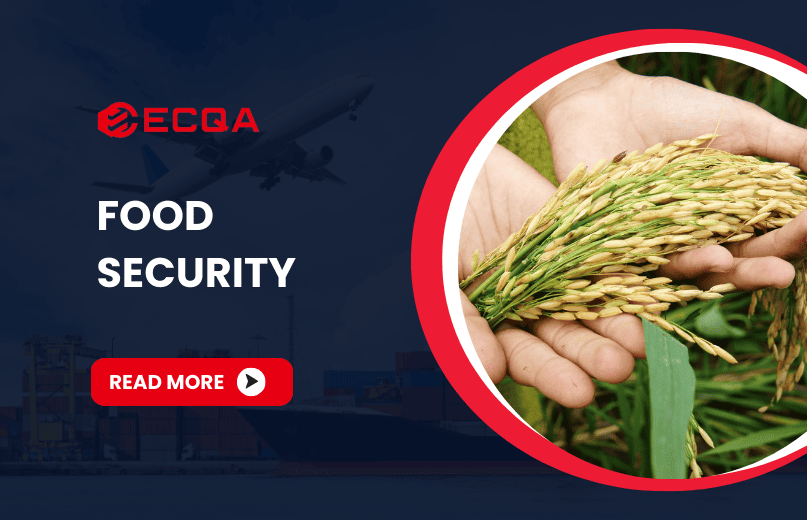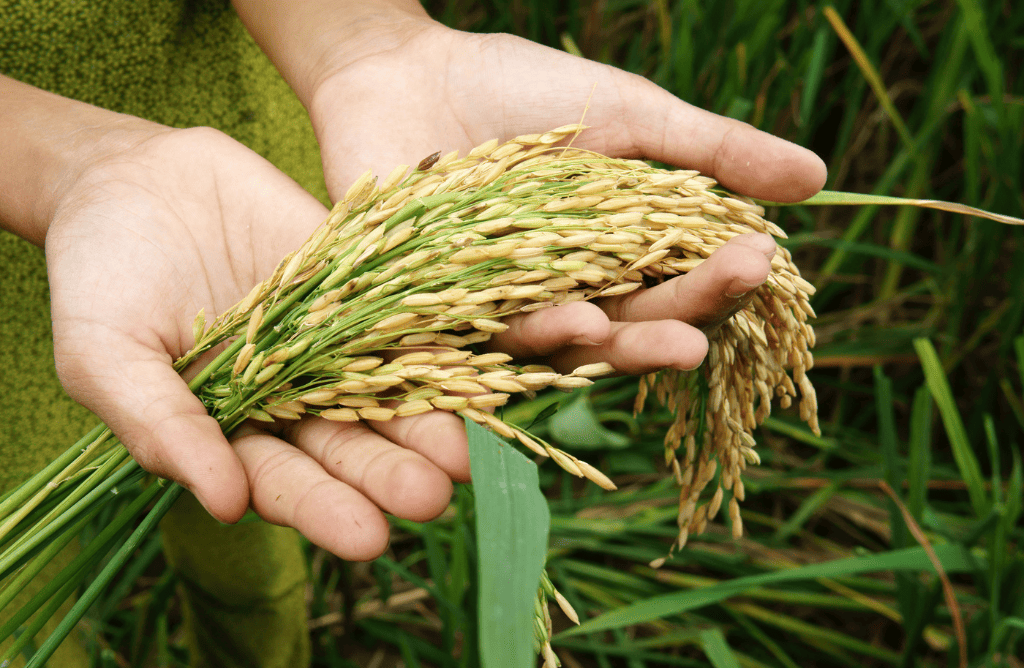
Food Security

Food security has become one of the most pressing global concerns. Food security is the foundation of a healthy, stable society. It ensures that everyone has consistent access to safe, nutritious, and sufficient food to maintain an active and healthy life.
To build a sustainable future, it is crucial to understand the key drivers of food insecurity and explore solutions, including the critical role of food inspection in maintaining a safe and stable food supply.
Major Challenges Threatening Food Security
1. Climate Change and Extreme Weather
Rising temperatures, prolonged droughts, floods, and unpredictable weather patterns severely impact agricultural productivity. These disruptions lead to crop failures, soil degradation, and water shortages, particularly in regions heavily dependent on farming. Small-scale farmers, who often lack the resources to adapt, are especially vulnerable, exacerbating food shortages.
2. Population Growth and Resource Constraints
With the global population projected to surpass 9 billion by 2050, food demand is rising at an unprecedented rate. However, limited agricultural land, decreasing freshwater supplies, and environmental degradation make it increasingly difficult to scale food production sustainably.
3. Economic Inequality and Poverty
Food insecurity is not just about food availability—it’s also about accessibility. Even in regions where food is abundant, poverty and economic inequality prevent millions from affording a balanced diet. Low wages, unemployment, and rising food prices further deepen the gap, leading to malnutrition and long-term health consequences.
4. Conflict and Political Instability
Wars, civil unrest, and political conflicts disrupt food production, destroy infrastructure, and displace populations. In conflict zones, access to food becomes even more challenging, and humanitarian aid often faces logistical barriers. Countries experiencing food crises due to political instability struggle to rebuild supply chains and restore agricultural operations.
5. Food Waste and Supply Chain Inefficiencies
While millions face hunger, an estimated one-third of all food produced globally is wasted due to poor storage, transportation issues, and inefficiencies in distribution. Post-harvest losses, spoilage, and mismanagement contribute to rising food prices and exacerbate food shortages in vulnerable communities.
The Role of Food Inspection in Strengthening Food Security
A well-regulated food inspection system is essential for ensuring food safety, quality, and reliability across the supply chain. Food inspection plays a crucial role in tackling food insecurity by preventing contamination, maintaining quality standards, and reducing waste.
1. Ensuring Food Safety and Compliance
Regular food inspections, certifications, and safety audits help detect and prevent contamination from bacteria, toxins, or harmful chemicals. By enforcing strict safety regulations, authorities can minimize foodborne illnesses, protect consumers, and prevent large-scale recalls that threaten food availability.
2. Preventing Fraud and Mislabeling
Food fraud, including mislabeling, adulteration, and counterfeit products, undermines consumer trust and creates unfair market competition. A robust inspection and verification process ensures that food products meet quality and labeling standards, preventing deceptive practices that could endanger public health.
3. Reducing Food Waste and Loss
Food inspection helps identify storage, handling, and transportation issues that contribute to food spoilage. By implementing better quality control measures, businesses can prolong shelf life, improve food distribution efficiency, and significantly reduce waste along the supply chain.
4. Compliance with Packaging Safety Standards
Proper food packaging is critical in preventing contamination and preserving food freshness. Materials such as aluminum, plastic, and paperboard must meet strict safety regulations to prevent leaching of harmful substances. Understanding aluminum safety standards in food packaging is essential for ensuring compliance and protecting consumer health.
Addressing food security requires a multi-pronged approach that tackles root causes while reinforcing safety measures across the food supply chain. Effective food inspection systems act as a safeguard against contamination, fraud, and waste, helping to create a more reliable and sustainable food ecosystem.
Are you ready to take proactive steps toward a safer and more secure food supply? From ensuring compliance with global safety standards to reducing food waste, ECQA are committed to supporting your business in building trust and confidence in every your food product.
Protect your food supply and maintain global safety standards—connect with ECQA today!

 Request Free Sample Report
Request Free Sample Report